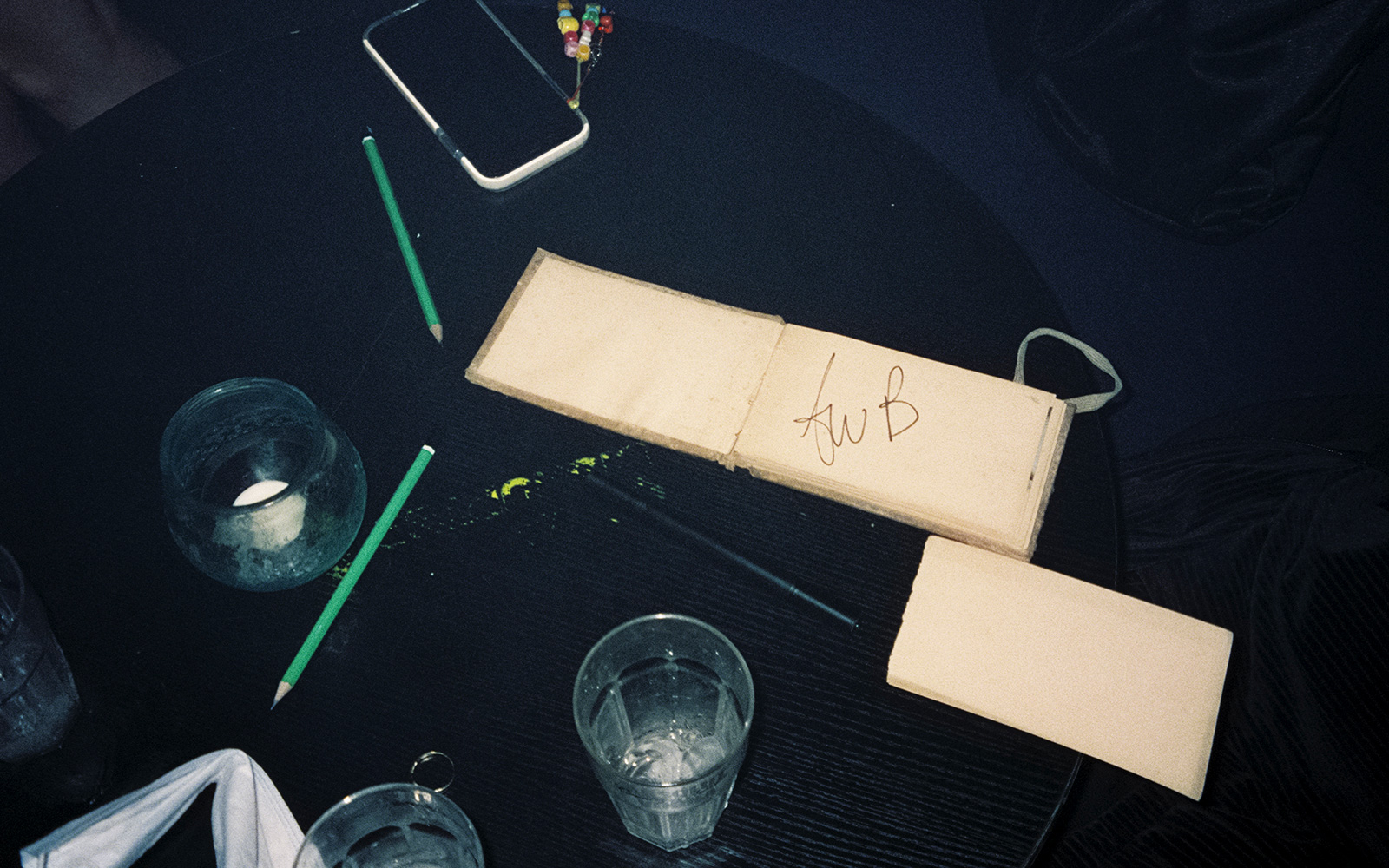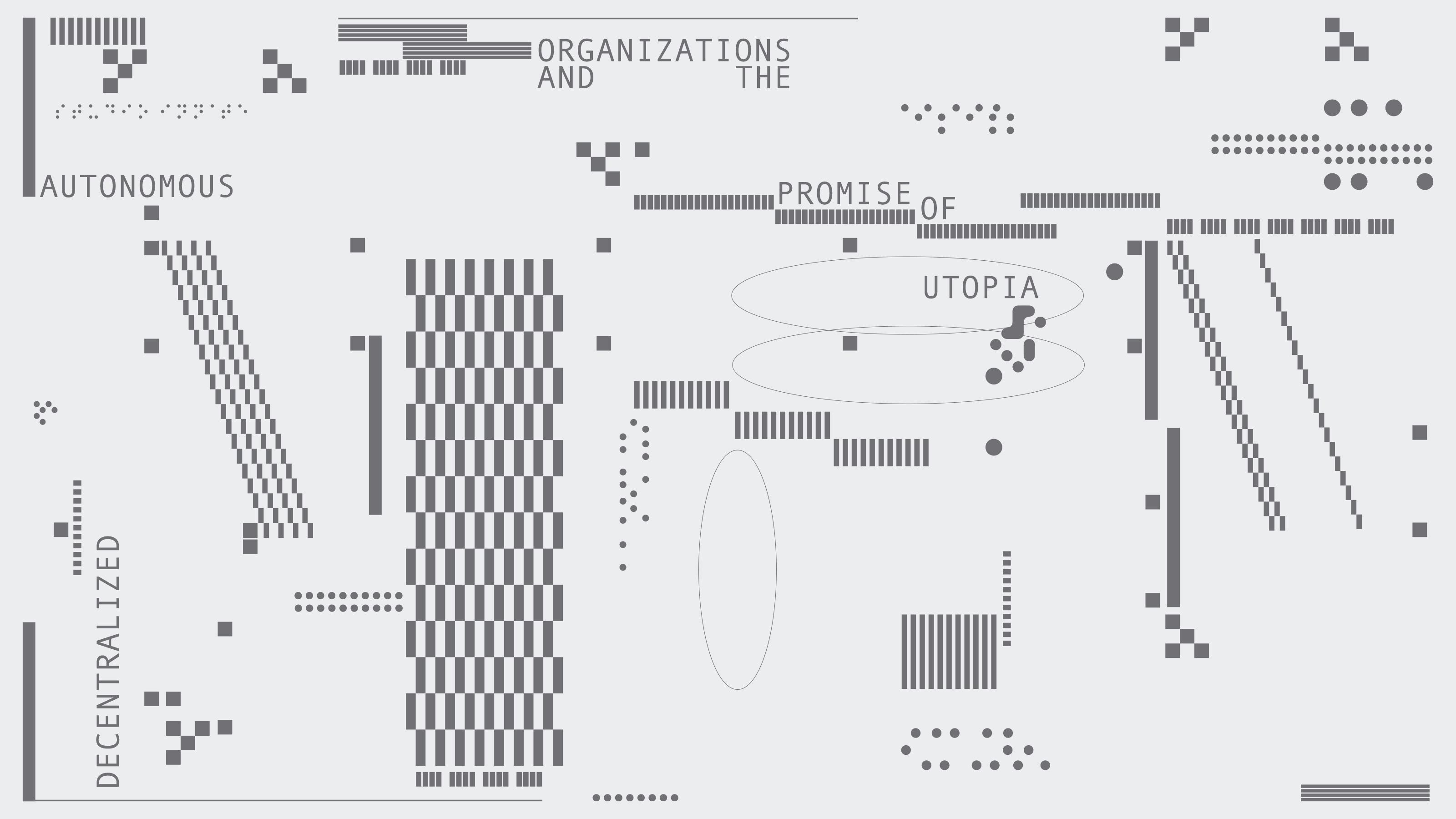
Blockchain-enabled groups, such as Friends With Benefits, invest in their own creative communities using cryptocurrency tokens. This technology has potentially revolutionary implications for the music industry—if harnessed responsibly.
As Miami DJ Sister System played early '90s Coil in a suitably eerie, orange-colored room, a friend of mine started introducing me to people left and right. Words like "DAO," "Web3," "blockchain" and "seed" were being thrown around as I tried to keep up. I saw people I only knew on the internet, and ran into old friends I didn't expect to see, none of whom I realized were "into" cryptocurrency. Later, when Yves Tumor took to the decks, Diplo suddenly appeared, wearing a NASCAR jersey covered in Bitcoin logos. He went up to the booth, twerked up against it and then promptly disappeared, quashing rumours of a surprise DJ set. This was back in early June, in Miami, at a cryptocurrency party thrown during the Bitcoin conference for members of decentralized autonomous organization Friends With Benefits. What made it a cryptocurrency party? To get in, you either had to know someone involved or hold a certain number of FWB tokens.
FWB is a social token, which means it's a cryptocurrency you can buy and hold onto like any other. It's on the Ethereum blockchain, a versatile system that allows people to send cryptocurrency to each other and manage complex transactions like smart contracts. (NFTs are bought and sold on the Ethereum blockchain, for example.) Friends With Benefits, spelled out, is a decentralized autonomous organization (DAO) built on the token and based on a Discord server that you can only access by holding a certain amount of the currency, and thereby investing in the community. You can meet like-minded people in your industry, network with fellow travelers, find new collaborators, get restaurant and travel recommendations, help with a project—it's all right there in the name: Friends With Benefits.
Within its community are electronic music fans and artists, alongside other people from a myriad of tech, culinary, or other creative industries—basically, anyone with an interest in culture and maybe a passing interest in crypto. In one year, FWB has amassed around 1,500 members, thrown in-person events in Europe and North America, created its own ticketing system and is getting ready to launch an entire editorial platform centering the cultural intersections that interest its members. They speak of democratizing knowledge, revolutionizing journalism, even paying DJs equitably, lofty promises for what started as a glorified private message board. It might sound ridiculous, like a pipe dream. And for now, it kind of is. But this technology does have potentially revolutionary implications for the music industry—if harnessed responsibly.
A DAO is any kind of community that exists on a blockchain that follows its own laws, terms and methods of operation. These groups are entirely independent of any centralized finance system or existing infrastructure, and the only rules it abides by are the ones written into its own code. The terminology is loose, and a DAO can be pretty much anything, from a business to a place to simply fuck around with your friends.
The DAO model has existed for a few years and hasn't been without its issues. One of the very first examples, simply called The DAO, became notorious after one person stole approximately one-third of all the funds after exploiting a vulnerability in the code (what's usually referred to as a "hack"). Others have compared these groups, which encourage growth and valuation via growing membership—invite your friends to make more money!—to pyramid schemes or multi-level marketing. There are plenty examples of those, too. But a good DAO, written with bulletproof code (to deter scammers and bad actors) and based on a dedicated community and real plans to produce something—other than just simply existing on Blockchain and accruing value—has incredible potential, especially when it comes to cultural industries.
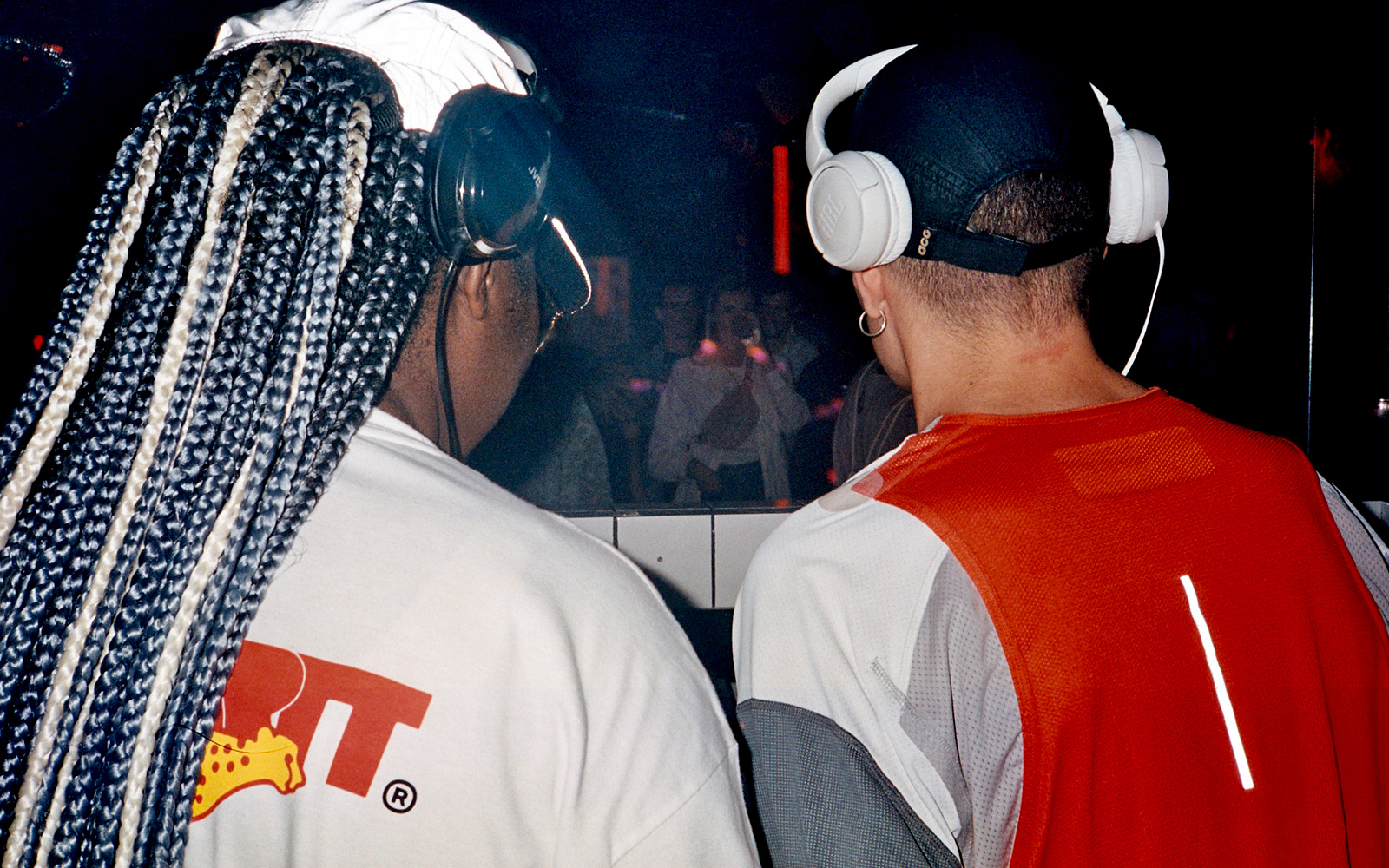
"My running joke about DAOs is that they're like a Model [United Nations] with money," cracks Raihan Anwar, a fragrance maker and all-around techno internet personality who works in the high-end coffee world, and helps out with FWB's social media and outreach. "You have full governance sections, you have message boards and you have people really thinking about the formalities of a DAO. For us, it really starts with the people—me, for example, I focus on building community, talking to folks, getting the conversation going. Our community is our largest asset."
Another way that DAOs were described to me, especially socially-oriented DAOs like Friends With Benefits, is that they are essentially like a decentralized co-op. Everyone pays in and everyone participates and everyone helps. A good, stable DAO will have a strong board of governors and abide by its own firm rules.
This autonomous ideology is part of the fabric of Web3, the name given to the larger Blockchain world that presents a new vision of the internet, compared to the familiar version often referred to as Web2. Web3 is decentralized and self-regulating, out of the hands of profit-hungry tech monopolies—though also government regulation and international law, for better or for worse.
"Web3 is conducive to so much," FWB membership director Patti Hauseman explained to me. "I think the best way to look at it is that an artist can control their entire financial future, soup-to-nuts. They don't have to rely on Spotify or other decentralized service providers—royalties are transparent because of the blockchain and the Ledger accounting system, and it offers a way to sell a brand new format, a whole new source of revenue at a time when streaming revenues are suffering."
Though they seem within the realm of possibility, these ideas are still abstract—we're a long way from musicians not needing to rely on traditional models of income. And even after hearing all this, my gut instinct remained that crypto was some kind of tech bro scheme with myriad moral quandaries. Doesn't this sound too good to be true? What makes FWB different than any other humorously-named cryptocurrency coin, many of which have had dramatic ups, downs, scandals and humiliations? From what I could see, people involved with FWB were more interested in creating community and offering opportunities on a platform they saw as more transparent and future-proof than the world of Web2 and big banks. But were they for real?
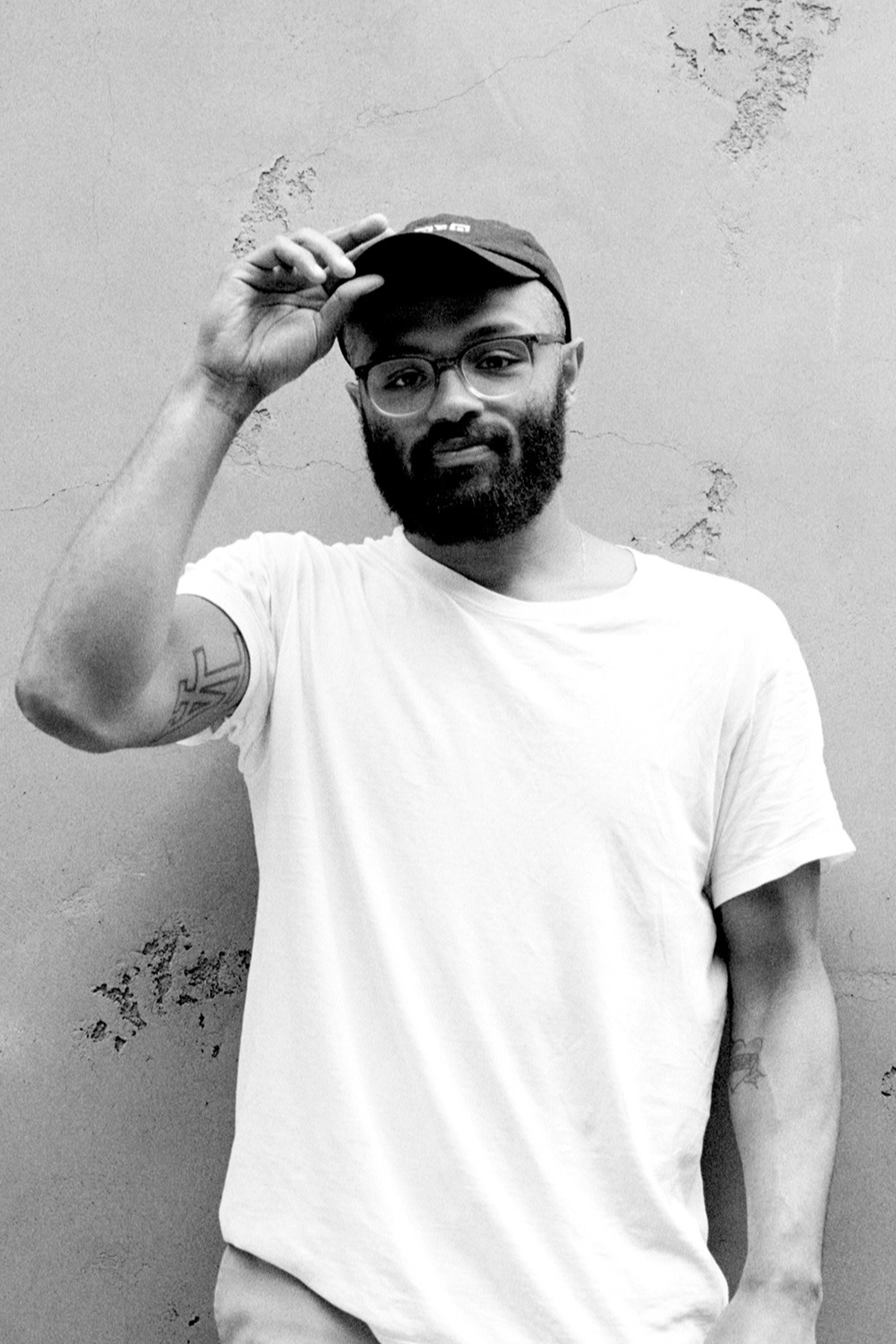
Trevor McFedries
Friends With Benefits started as the brainchild of Trevor McFedries, a former music executive perhaps best known as the co-creator of Lil Miquela, a CGI influencer that has raised questions (and heckles) over its sometimes controversial misappropriation of victim narratives. McFedries, ever a savvy and creative businessman, leveraged Miquela into a 100-plus million dollar enterprise via his robotics and AI-focused tech company Brud. For him, Web3 was the obvious next step for creatives.
"People were stuck on Patreon, Substack… on these treadmills where they would have to keep cranking out work," McFedries told me. "I felt like if we showed them a way to create value with community, they'd be more intrigued by the space we wanted to build. I also thought there should be more creative people in crypto, I wanted to connect those dots. And having people have a stake in the community made it feel really warm."
Events are a big part of that: FWB put on its second IRL party in July at the Ethereum Community Conference in Paris. This time, the event was built more firmly into FWB's blockchain world—if you didn't hold the currency beforehand, you could simply buy some, even outside the club, and show it to the door person thanks to a new app created within one week by members of the DAO. (And if you didn't want to join the community, you could simply sell or swap it back after the event.)
French DJ Maelstrom headlined that party. I spoke to him while he was traveling across France for a residency surrounding Louisahhh's latest live show. He said he took the FWB gig because he was intrigued about getting paid on the blockchain—a secure transaction that, if he chose to hold onto that DJ fee, could become worth exponentially more than what he originally got paid. (Of course, it could also lose value, too, and that's all part of the game.) And again, for him, it was about more than just making money.
"I'm more interested in the cultural aspect of it—you know, the potential of what you can do with smart contracts, and communities," he said. "After the party, I got more deeply into the DAO itself, and I realized there were so many people that I already knew there, people whose music I respected and admired, they were already in there trying to find ways to use the blockchain, to develop new avenues and new templates for musicians to make a living from their music."
"The most exciting part is that it's a way to escape the Instagram and Facebook algorithms," he continued. "The algorithm dictates what you need to do to be successful, while the DAO is the opposite of that—the community decides how it's going to work and builds the tools to make it happen. Not a top-down approach, but actually building culture from the ground up."
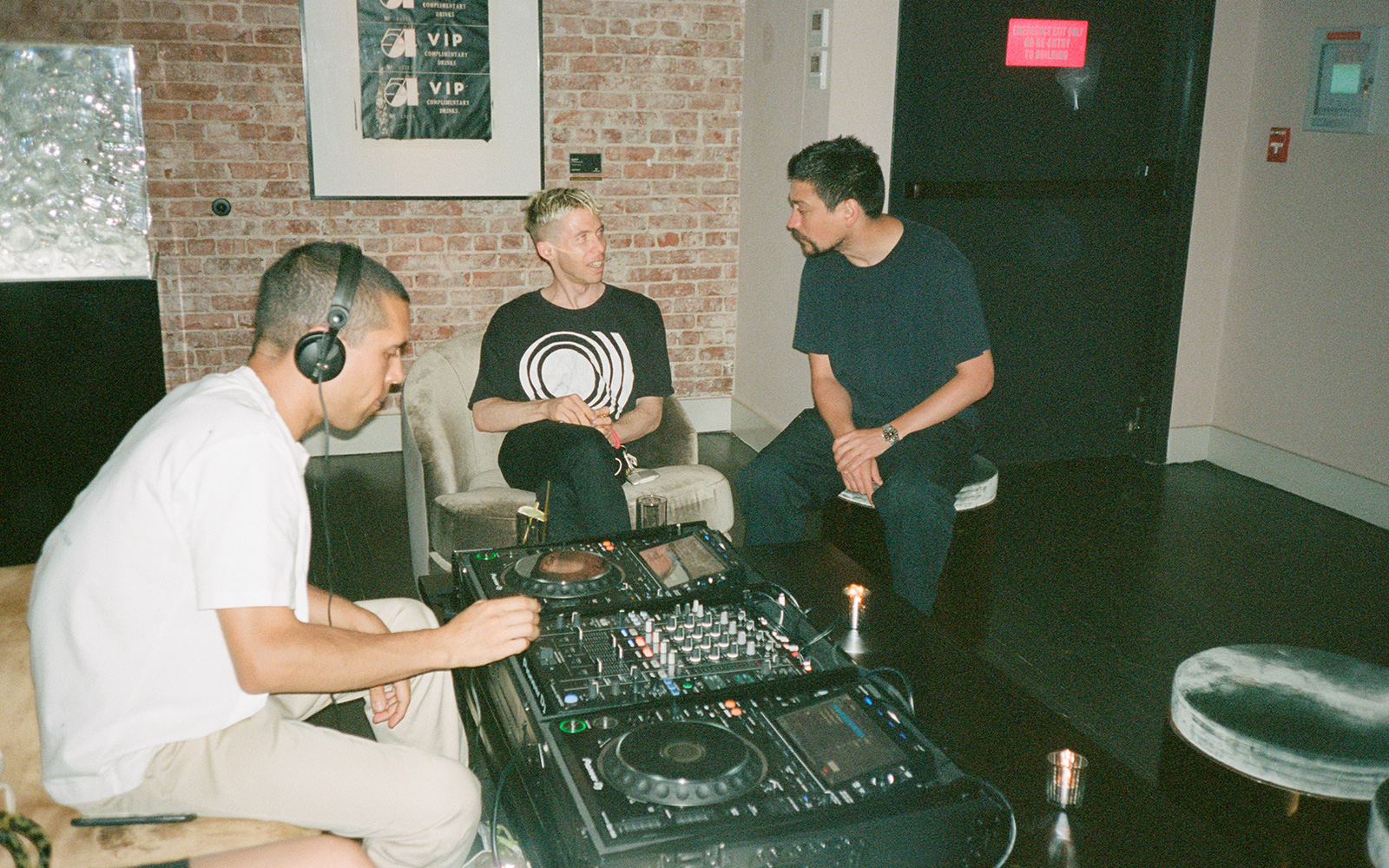
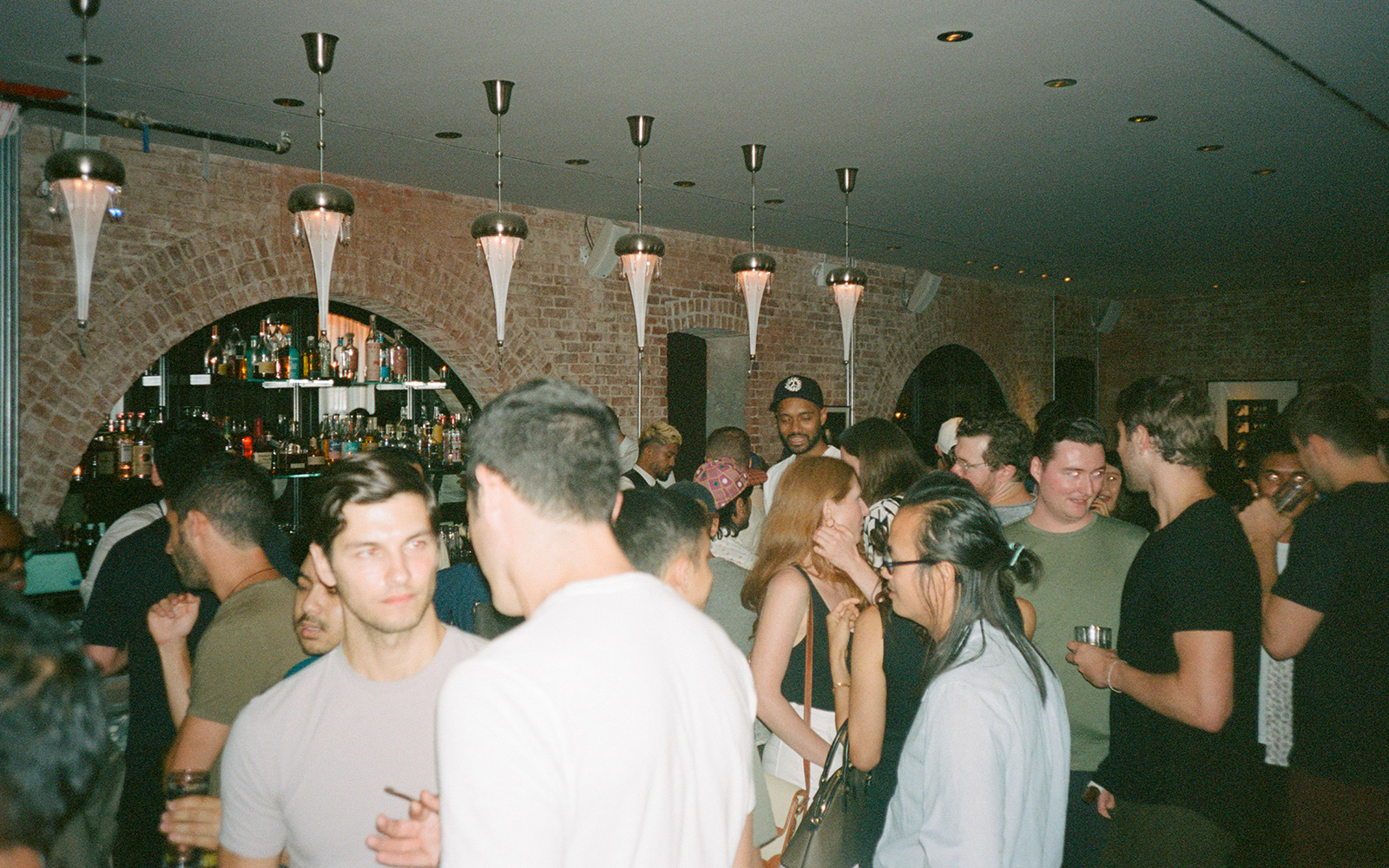
This idea of a potential for new ways to value (and make a living off of) music and art is spreading like wildfire across certain sections of the music industry. Influential figures like Mat Dryhurst have been evangelizing about DAOs, while other groups and organizations are getting in on the game: Leaving Records has launched its own DAO while the fledgling Refraction event is becoming a DAO for its second edition—a music festival that exists on the Blockchain. The people involved with these things are excited because they see it as a more equitable way to publish or sell art, with more ownership for the artists and control over what happens and where.
"There are so many facets to what crypto can enable, including the creation of community-owned platforms. That's the biggest shift—it's tough (or near impossible) to build wealth without ownership, and artists have never had ownership of platforms. If you look at the market cap of Spotify, look at the value of Patreon, it's in the billions of dollars—and you have to ask, what would the value of these platforms be without artists?," explained Austin Robey, an expert in worker's rights and co-ops who has been dipping his toes increasingly into the DAO world. "So I see a huge opportunity. In music, what DAOs and crypto enable, on an impressive scale, is collective ownership of platforms, and new and exciting forms of human organization and resource allocation."
"Ideally we'd see a new normal—new ways of understanding cultural producers, and that musicians make valuable art and to be recognized as such, and have ownership of the platforms they rely on," he continued. "And along with ownership comes governance and control of platforms, which pools resources and collective work towards a shared mission."
While these ideas sound great on paper, those who have been in the decentralized finance sector for more than a few years are still haunted by memories of The DAO, whose crash in 2016 remains a disturbing milestone in the recent history of cryptocurrency. At the time, The DAO, founded by a series of coders and financed on a crowdfunded base of $150 million raised in just under a month, was visionary. It was a stateless organization that existed outside regulation and eventually fell victim to its own extreme libertarian values. If a thief comes along and pulls the rug out from under you, there's no one to bail you out.
The DAO's "hack" ($50 million of DAO tokens stolen by an anonymous attacker who exploited vulnerabilities in the DAO's smart contracts) was so catastrophic that it led to what's called a "hard fork" of Ethereum and a deep split in the community—one side stuck to the original currency (Ethereum Classic, or ETC), and the other flocked to a new version of Ethereum that effectively reversed the theft by reverting the blockchain to the way it was before the theft. The new version of Ethereum (ETH) has become the dominant currency, though the "hard fork" (and other forks in response to further disruptions after The DAO collapsed) remains controversial.
The catastrophic effects of a DAO gone wrong remain—think of it like a regular financial crisis when everyone panic sells and a stock market collapses. Of course, people have learned from their mistakes, and the Ethereum blockchain has become more stable and secure over the years. Even big corporations are getting in on the game: at the time of writing, financial giants like JP Morgan Chase, Visa and Mastercard have either invested in Ethereum blockchain systems or started selling Ethereum-backed currencies, boosting confidence in the system. The DAO hype cycle resumes, but to most people it seems a whole lot safer this time around.
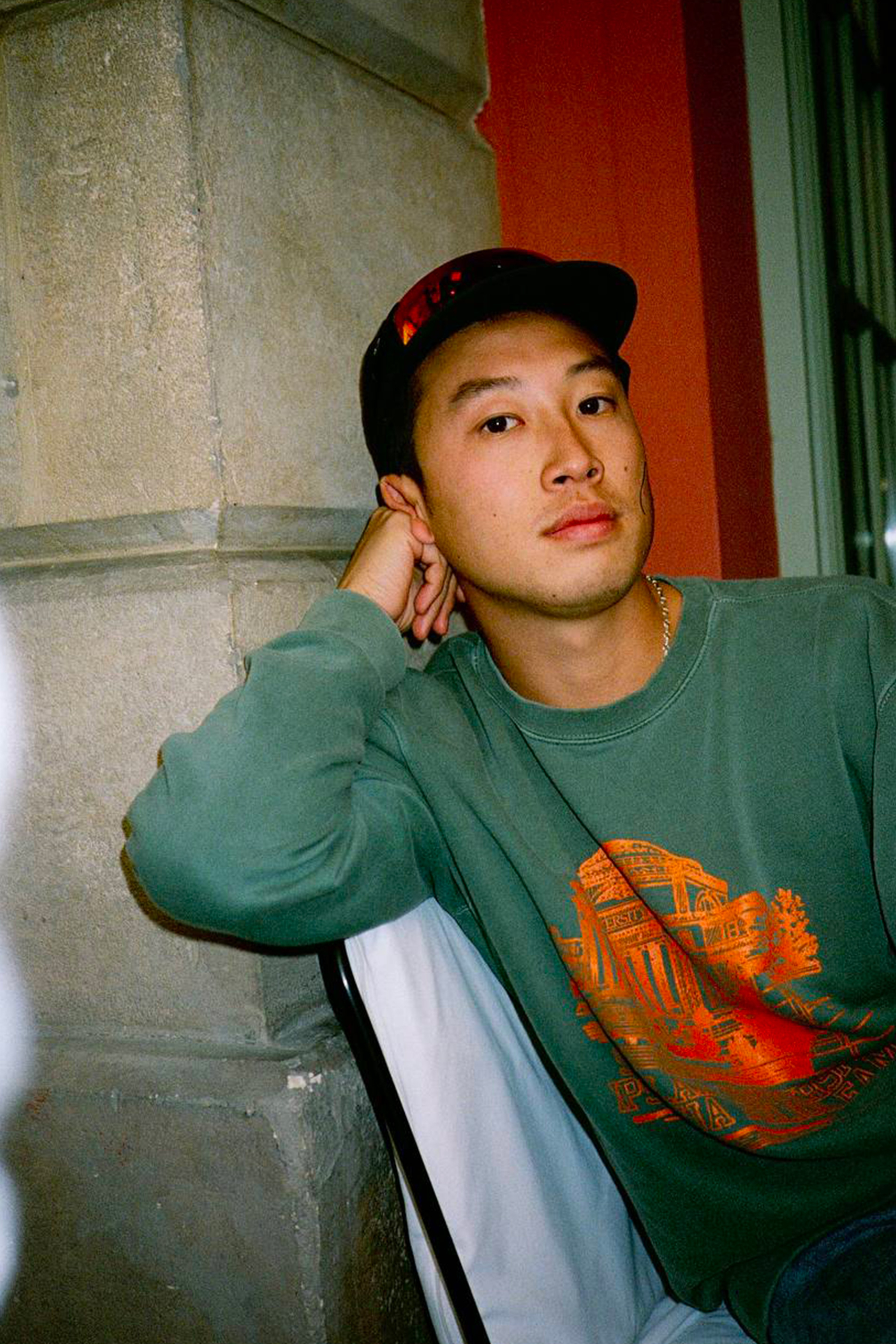
Alexander Zhang
One of the most magnetic personalities involved in the world of culture DAOs I met is Alexander Zhang, a New York-based Angeleno. I got the feeling he could convince anyone that this was the way of the future. He works full time for FWB and is something of a wunderkind, hired to help the DAO get focused and innovate. Like so many others jumping on the DAO bandwagon, he came at it from a perspective of relative inexperience and curiosity.
"I hated crypto, I hated the people who pushed it," he told me. "I always understood it from a technological standpoint. I bought Bitcoin early on but it was never this thing I wanted to spend time thinking about, or affiliating with. But I've always been attracted to the people who were the most creative. And obviously with Covid-19, everyone lost whatever trust they had in authority, institutions and power structures, and were seeking new worlds. That opened up this opportunity for a community of people who were all pushing in the same direction—let's make this possible because what this stands for is bigger than all of us... ownership, decentralization, sovereignty, all these awesome concepts that I didn't think were possible, but now I see happening in the next ten years or so."
These are lofty words to throw around when talking about an internet message board, but they're indicative of what is seen as the promise of these platforms. Most people involved, from Hauseman to Zhang, had a similar arc: crypto-curious to FWB fanatic in a matter of days. It's easy to see why once you get in there (I was gifted tokens to explore the community, and then I sent them back without exchanging money or cashing in.) There are channels for most topics of discussion you could think of, and people are generally willing to explain things rather than make fun of the uninitiated. Everyone there seems to want to build things in the real world and work together, not just trade tips about making money.
FWB sells itself as an unusually welcoming place in an age of irony-poisoned and polarized internet communities on mainstream social media platforms like Twitter and Instagram. For now, that means it's also outside the bounds of laws and regulations, though FWB, for example, has a strict code of conduct against harassment, racism and other forms of abusive behaviour.
"My mind was blown," Zhang told me. "It felt like the internet was fun again, like when you used to log on after dinner every night because all your friends were also online. The space feels more like a friend's wedding or a friend's birthday party than a random internet cesspool where you're arguing with DogecoinBoi420 and you have no idea who that is."
The elephant in the room is that yes, it takes money to be a part of communities like this. If you were cynical, you could look at it like Soho House for internet nerds, and there is a constant (and healthy) debate about the viability and accessibility of communities where membership is based around exclusivity and financial holdings. But since I've been watching FWB, there has been a growing effort to increase both accessibility and diversity, efforts spearheaded by Hauseman, who has come up with three programs to mitigate the financial barrier of entry for the community.
"We're beginning a fellowship program, which is a full ride for artists and creatives who might not have the resources to join," she explained. "We hope that the program will teach them how to use Web3 more generally, too, like how to mint NFTs or get involved with groups to release your music or videos or other projects on the Blockchain."
There will also be a "benefactors program" where other users can trade or pool their currency to allow a new user in, as well as the "scholar tier," allowing people aged 17-24 to dip their toes into the world of Web3 without having to invest any money.
Aside from the Discord server and its real-world events, FWB also puts out a weekly digest that highlights recent discussions as well as developments in the world of Web3, cryptocurrency and the blockchain. And FWB is about to get its own entire editorial platform, run by the journalist Ariel LeBeau. She says they will pay contributors "competitive rates" in a novel combination of cryptocurrency and US dollars, so that, like with DJs that play FWB events, they can decide to invest in the community or just cash out, with no strings attached.
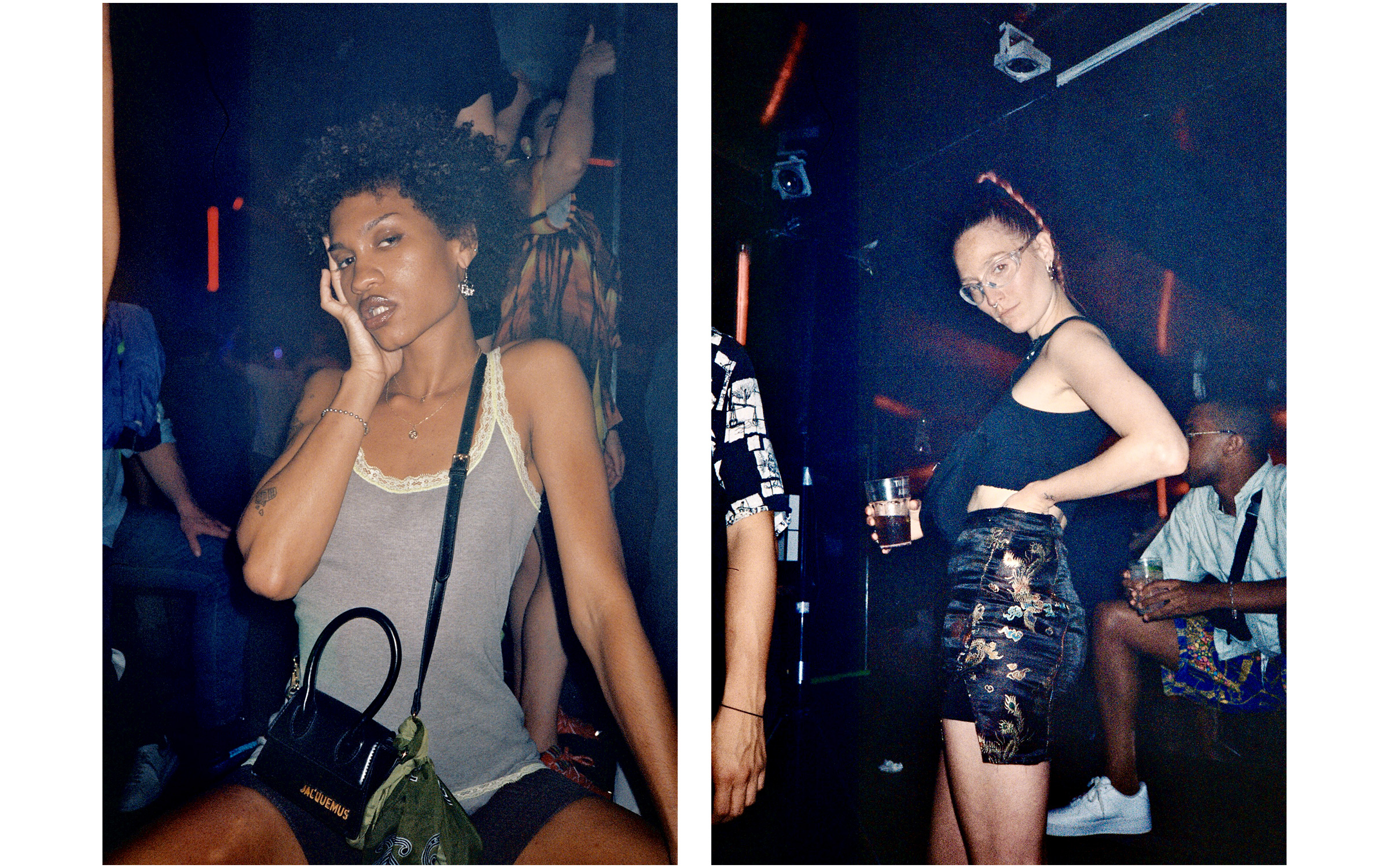
"The idea of a DAO to rectify that really excites me," LeBeau said. "Something better suited to serve the people who are actually contributing their ideas, their creativity and their art, as opposed to the traditional structures where the shots are being called by whatever corporation is at the top, or advertisers pulling the strings. That's not serving anyone in any meaningful or sustainable way."
It's in ventures like these that the true scope of the applications of a DAO, and the blockchain more generally, become clear. It can be an editorial platform supported by a community where everyone holds a stake, or an events promoter where a whole community has a say, and a share in any profits, instead of it all going to one venue, promoter or performer. In the right hands, a DAO represents a sort of radical transparency, because everything that happens on the blockchain is visible to everyone who is involved in it, from royalty payments to DJ fees to writer fees to the smart contracts that are used to mint and transfer ownership of NFTs.
You could see this idea extending to record labels or club nights, where conventional financial resources or investments are no longer necessary because of the value of the entire community together—everyone holds, everyone contributes. Some people at FWB have floated the idea of a monthly fund for regular gatherings, or at the city-chapter level, membership fees to create localized benefits and resources. It's like a futuristic version of the Rotary Club, as Zhang described it.
If this all sounds utopian, it is—the potential seems infinite and the only limits are in your imagination, but imagination is different from reality. The Web3 world is still a ways off from establishing its new, collectivist system and for now it remains mostly potential. And many things that seem exciting about DAOs like Friends With Benefits are something of a double-edged sword. After all, there is no insurance. The DAO makes its own rules and abides by its own rules only, with an obvious potential for exploitation or theft in the wrong hands.
"The issue is that if you have an organization that is horizontally oriented, it's bound by ironclad rules," said Ethan Lou, a Canadian financial journalist about to release a book about scandals and conflicts in the cryptocurrency world. "Whoever can figure out how can exploit those rules. But the technology has improved a lot since 2016 [when The DAO crashed]. For example, some big names in the crypto world are moving entirely to becoming DAOs and dissolving their corporate structures."
I asked Lou if he thought DAOs were a positive force in the world. On the one hand, you have groups trying to make community-based platforms, and on the other, you have libertarian companies trying to escape government regulation and taxation. "It depends on how you define positive," he told me. "Is it just to skirt regulations? Lots of people think that's a good thing. But for every action, there's an equal and opposite reaction."
"I see a lot of experiments beginning to take shape, particularly around how crypto can create new systems that are more equitable for artists," Austin Robey told me, "but as models begin to develop and emerge we need to begin thinking about workers' rights as well. What does it mean to be a worker at a DAO? What kind of rights, responsibilities and protections does that have?"
Another spectre haunting the cryptocurrency world, from Bitcoin mining to artists selling NFTs to communities like these, is the energy usage required to update the blockchain with new transactions. It's a contentious topic, and supporters and detractors of cryptocurrency often accuse the other side of lying.
"In the Ethereum space, environmental issues are usually the top concern, and we're working towards more efficient uses of proof-of-work, and staking, and energy consumption at large," Zhang said. "The argument for me—what lets me sleep at night—is looking at the larger ratio of consumption. If you look at all the energy use in the world, it's still fractional. We're all engaging in different behaviors that contribute to energy consumption. That's a fact. What percentage of that is Ethereum? Right now, at this stage, it's a sliver."
At the time of Zhang's observation in July, energy usage was considerable, but in recent months it has skyrocketed by nearly ten-fold. His claim downplays what is now a harsh reality: Ethereum is the world's second-biggest cryptocurrency framework, and though it requires less energy than Bitcoin, consumption figures report it costing around as much electricity per year as the entire country of Algeria, with the carbon footprint of Tunisia.
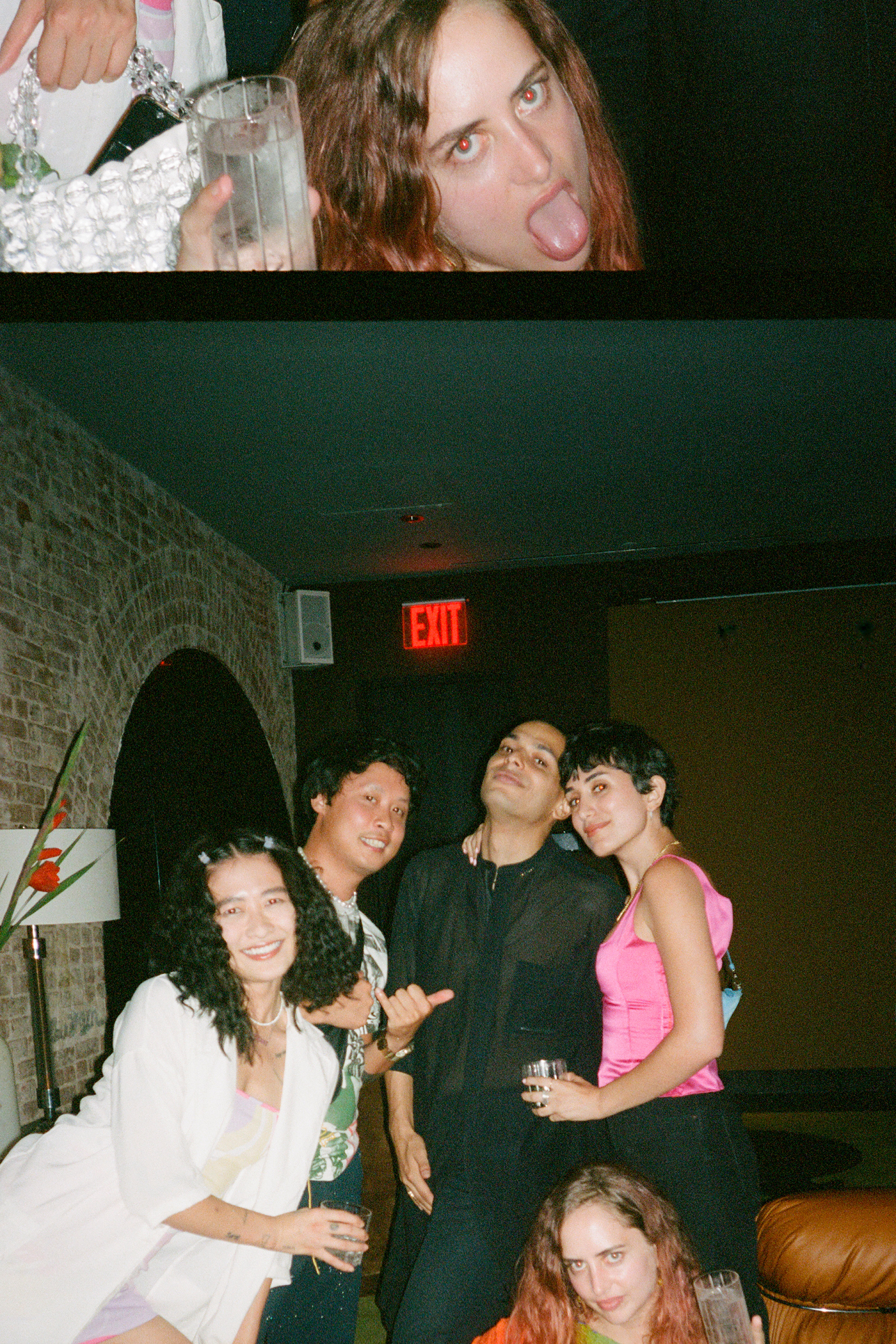
If it's possible to put these concerns aside—or at least hope that the promised solutions come to fruition—what Friends With Benefits and other DAOs are trying to accomplish feels like a breath of fresh air in an internet environment that feels increasingly toxic. If executed responsibly, these ideals could create whole new communities and ways of living off of art. It could create an entirely new, parallel value system in the art world, which we're already seeing through the proliferation of NFTs in both music and decentralized art. There's also the potential for it all to crumble, for people to feel ripped-off, for less knowledgeable users to be exploited. In the end, it all comes down to community integrity, good intentions and the ability to vote on and write rules that will prevent others from being exploited.
"I've been doing web communities for a long time, and what I've seen with crypto is that it offers a sense of directionality and purpose," Anwar said. "In other web communities you'd have people who are needlessly spinning their gears, or trolling. But what if everyone was incentivized to make sure that people could be nicer and clearer and more helpful? Like... what's the PLUR-iest thing you can do? That's our guiding principle."
In exploring the world of cryptocurrency and DAOs over the past few months, I learned far more than I expected to—and became much more excited about the potential of these technologies, which I understood in a whole new light. I also find myself confused about what was real and what was lofty talk about the future, about ideals that might never be realized. Is a monetized group of internet nerds founded by a multi-millionaire going to save the world?
Some people push against what they see as the financialization of everything from art to identity, while others defend the idea by saying this is the way to make capitalism work in a more equitable, favourable way. The debate can go on endlessly, and there are great points on both sides. But it's undeniable that DAOs are only beginning to make their mark, and they're not going away. People are trying new things, and for many of them their hearts are in the right place, as constantly improving technology is bringing these idealistic goals much closer to realization than they were five years ago in the early, shaky days of prototype DAOs.
"There are so many shapes a DAO can take, what it could be looking to accomplish, that it still seems like something that is actively being shaped right now," Robey said. "And it feels like a hard thing to pigeonhole—it's all happening in real time right now. I spend my day bouncing around several different online democratic communities. And to me it feels like a very exciting possibility for more fluid or liquid work, where self-governing communities provide value and actually capture it."
As with anything in the fast-moving world of crypto—in a Wild West away from regulation, oversight and centralized authority, with notoriously fickle markets—any of these DAOs could all go belly-up in a second. Or they might not. Either way, we're about to see an explosion of activity in this sector that could change the way music and art move through its usual life cycles. That's something to watch with a keen eye, whether you're a savvy investor, crypto-curious or just viewing from the sidelines.
